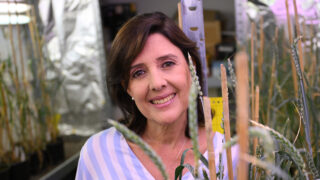Members

Head of the research team
Publications
Projects
Recognitions
Best media coverage of the year for the School of Science
“Most Innovative Lecturer at the School of Science”, award given by the students’ community of the School.
Una Europa, winner of the workshop project competition.